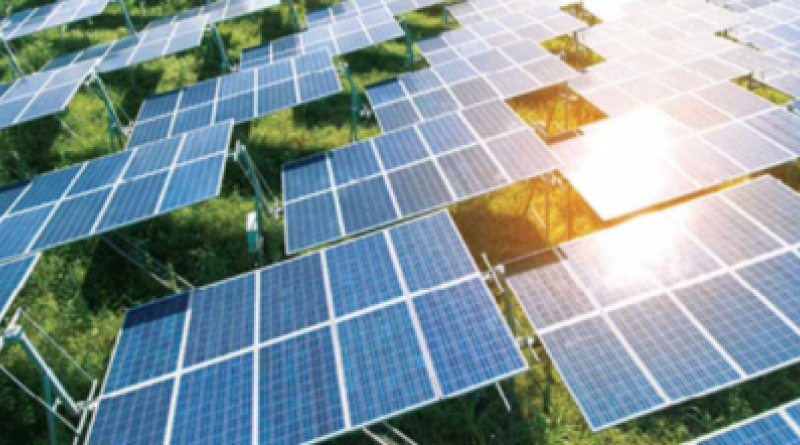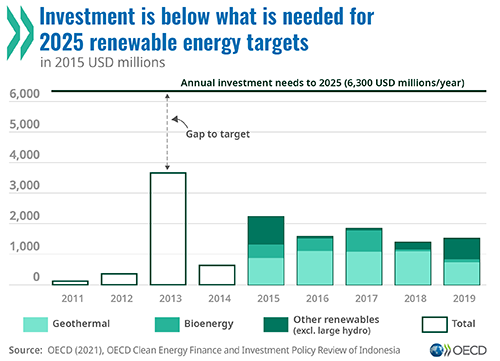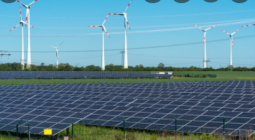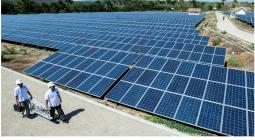Improving investment conditions could make Indonesia a world leader in clean energy, says OECD

Indonesia could become a world leader in clean energy with further reforms to mobilise investment in renewables and energy efficiency, according to a new OECD report.
The OECD Clean Energy Finance and Investment Policy Review of Indonesia says Indonesia has abundant untapped potential for finance and investment in renewable energy and energy efficiency, areas that are key to accelerating the country’s green energy transition and supporting a sustainable recovery from the COVID-19 crisis. Reforms to create a clear and consistent regulatory environment for renewables, for example by using competitive tenders to foster competition and cost reductions, could help to address this investment shortfall. The recent introduction of the country’s first energy performance standards should drive further uptake of efficiency solutions.
“The clean energy sector will play a crucial role in supporting Indonesia’s green recovery,” OECD Secretary-General Mathias Cormann said, presenting the report alongside Indonesia’s Coordinating Minister for Economic Affairs Airlangga Hartarto at a virtual launch event. “Creating a sound, transparent and predictable regulatory environment is key to attract the hundreds of billions of dollars of private investment needed to drive Indonesia’s clean energy transition, and the country’s green recovery more broadly.”

With its sprawling volcanic geography, Indonesia’s potential to generate geothermal and hydropower ranks among the largest in the world. Opportunities for tidal and solar energy are also substantial. However, investment in renewable energy has so far fallen short of the level Indonesia needs to reach its 2025 clean energy targets, due in part to regulatory bottlenecks. As of 2019, Indonesia had utilised less than 2% of its total renewable energy potential.
Indonesia’s energy services market is largely limited to small engineering firms, the Review says, and fossil fuels continue to dominate power investment, where for every dollar invested in renewable electricity generation in 2019, three dollars were invested in coal power. This is despite the fact that the cost of renewable technologies is generally competitive, particularly compared to the diesel generators that are ubiquitous outside the Java region.
The Review recommends that Indonesia use the period of post-pandemic recovery as an opportunity to shift away from fossil fuels and embark on a low-carbon path. Widening corporate access to renewables would also help to make Indonesia a more competitive investment destination, as companies continue to pledge more climate action. Further incentives are needed, however, and public authorities can lead by example, for instance by building upon recent efforts to procure high-efficiency street lighting.
Assistance from the international community can also play a key role in helping Indonesia to accelerate its clean energy transition. International partners can help develop a robust pipeline of energy efficiency and renewable energy projects, for example by providing technical assistance for training and capacity building aimed at certified investment-grade energy audits. Leveraging blended finance mechanisms such as the SDG Indonesia One Fund can also help to mobilise private capital for clean energy projects in Indonesia.
More information on OECD work with Indonesia is available at www.oecd.org/indonesia/.
OECD





